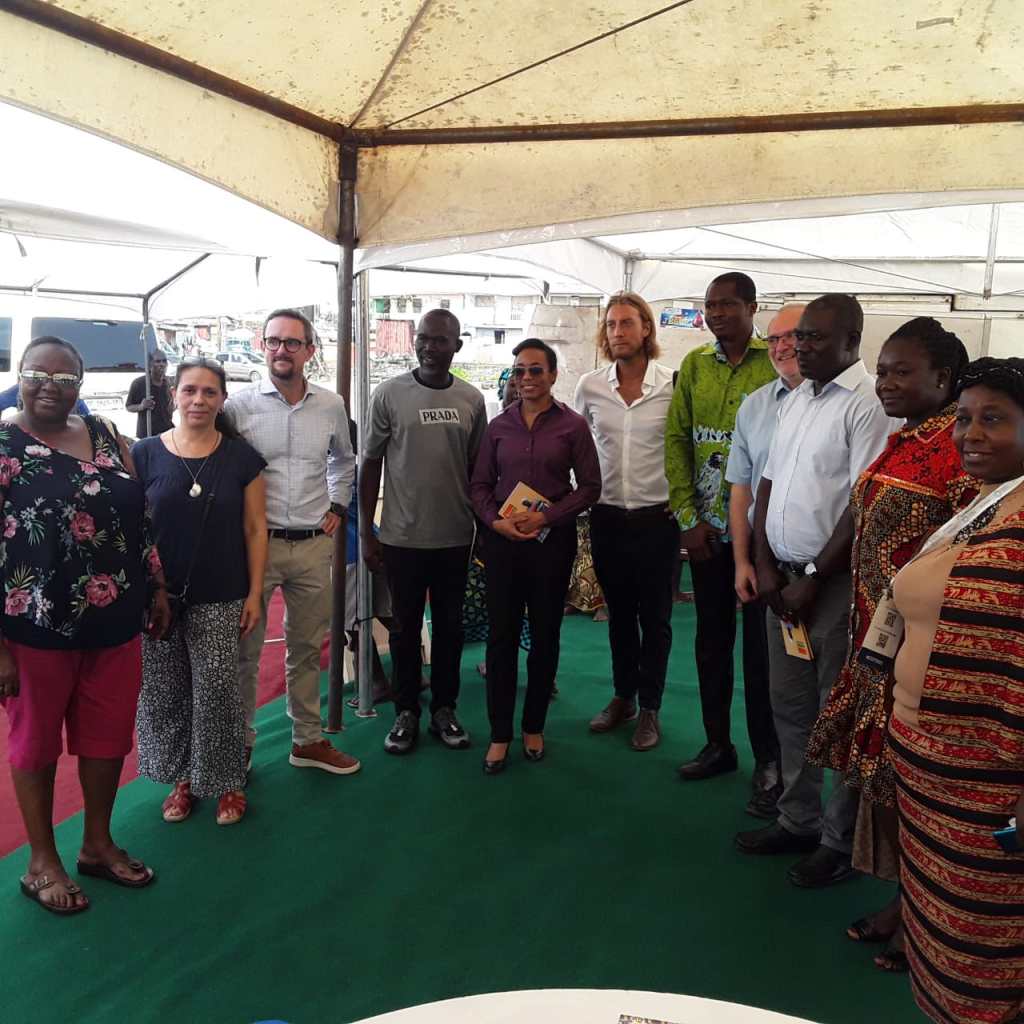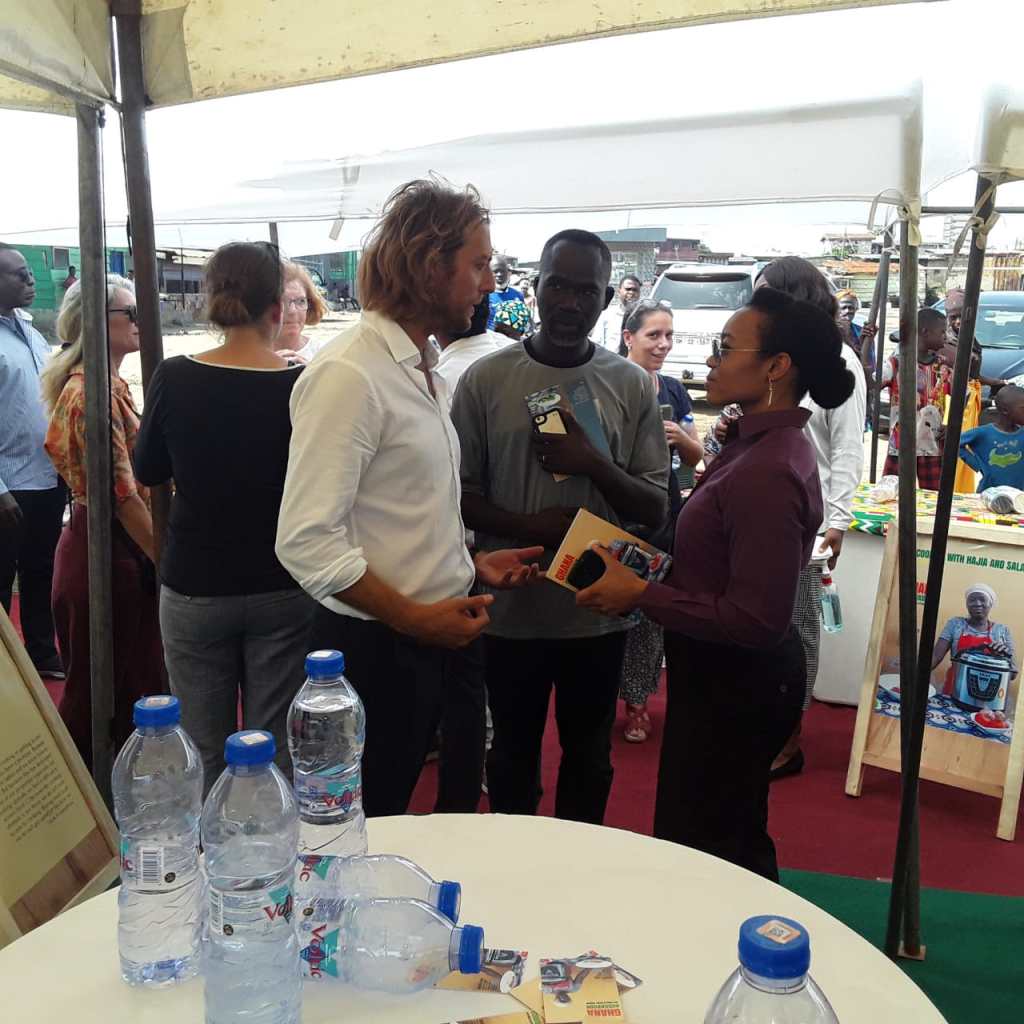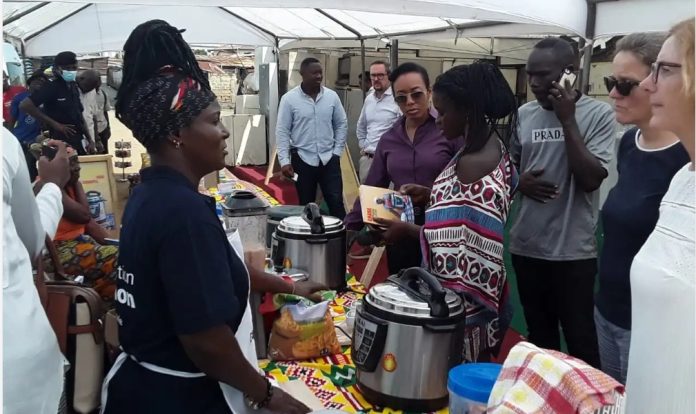Researchers from the Loughborough University in the United Kingdom (UK) have launched a book: “The Ghana eCookbook” to encourage the use of modern energy-efficient devices in Ghana.
According to the researchers only one per cent of households in Ghana use electricity as their primary cooking fuel because it is expensive to cook local dishes using electricity.
The key findings in the book indicate that it can be two to four times cheaper to cook using electricity than gas or charcoal and urged households to take advantage of the opportunity to cook using electricity in Ghana.
The research, which is on a project dubbed: “The Last Supper” was undertaken in Ghana in collaboration with the Modern Energy Cooking Service (MECS) Programme and sponsored by
the United Kingdom Aid (UKaid).

It was aimed at shedding light on whether Ghanaian foods can be cooked using modern energy efficient devices, how much electricity does it consume compared to primary cooking
fuels such as; charcoal and gas, and whether it is convenient to use electricity.
Mr Steyn Sabastian Hoogakker, Project Leader of the research team in an interview with the Ghana News Agency at the launch expressed the hope that the eCookbook would provide
some insight into the possibilities of cooking with electricity.
He said about 87 per cent of Ghanaians have access to electricity yet more than 70 per cent are still using biomass fuels for their cooking.

Mr Hoogakker said the research focused on dishes typically prepared in homes in Ghana, using MECS’s culinary typology survey, an approach which provides a broad-brush stroke of
common dishes, and their preparation without capturing all the nuance of how people cook.
“The dishes featured represent a range of cooking processes commonly used in the country such as; boiling, simmering and frying, in order to draw attention to the wide compatibility of modern energy-efficient cooking devices with the rich Ghanaian cuisine,” he stated.
Mr Hoogakker said jollof rice, beans and plantain, banku and okro stew, tuozafi, kontomire and kelewele, were all prepared with electric pressure cookers by providing energy, cost and time measurements and where possible comparisons with charcoal and gas.
Professor Ed Brown, a Research Director of MECS and a member of the group, urged stakeholders to work together to create a change that reduces households’ expenses when cooking
while educating communities to migrate from using gas and charcoal to electricity.
He said MECS is rapidly accelerating the transition from biomass to clean cooking on a global scale.
Mr Benjamin Kumi, the Planning Officer of the Korley Klottey Municipal Assembly, and the host expressed the assembly’s readiness to collaborate with the researchers of the project to ensure its success and sustainability.
Mr Hendrick Noble Kinnah, an Assemblyman and a member of the Last Supper Project, said the Assembly would not renege on its efforts to sensitise the public on the need to migrate
from using gas and charcoal for cooking to electricity to mitigate the impact of households’ air pollution.

















![EC Announces Elimination of Indelible Ink in Upcoming Elections [Video]](https://newsonghana.com/wp-content/uploads/2023/12/image-351-218x150.png)





































![May 9 Stadium Disaster: PWD Take Part In 20th Anniversary [Photo]](https://newsonghana.com/wp-content/uploads/2021/05/Screenshot_20210508_175228-100x70.jpg)